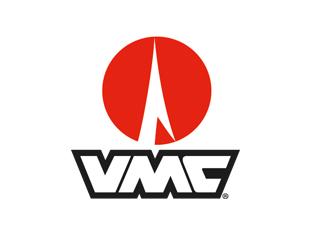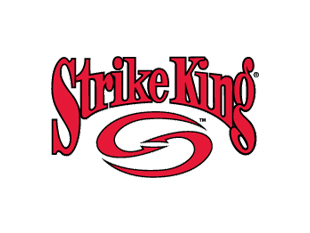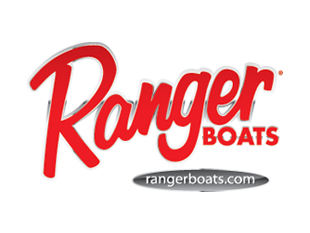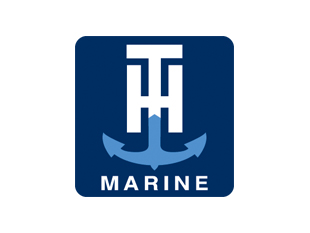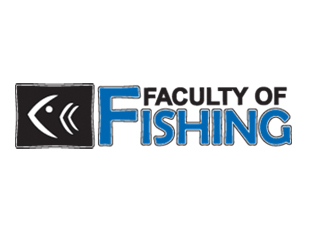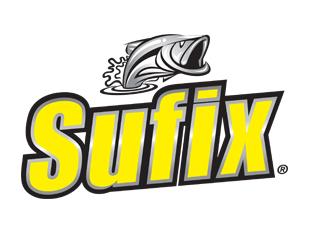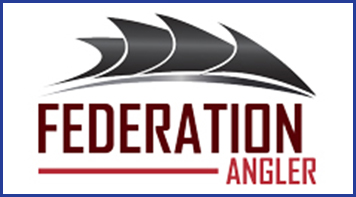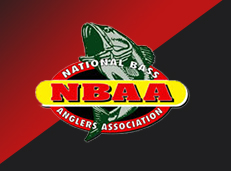Last week I had the great opportunity to attend the Florida Bass Federation State Tournament and I saw a rather unique weigh-in procedure that I thought went very well especially from a conservation standpoint.
As the anglers returned to the launch site and passed by the check–in dock there was a long rope that stretched from the check in dock to the pier where the weigh-in was being held. Each boat could then kill there engines and take their place in line along the rope. They then pulled their boat along the rope until it was their turn to take their fish onto the stage. Both anglers stepped off the boat with their catch while a volunteer from the FBF stepped onto their boat and moved the boat along to a waiting platform at the end of the pier.
The great thing about this setup was that there was no waiting in line with their catch and there was no need for pre-scale water tanks. The angler went right from their boat to the scales. The fish were weighed and carried directly to the release tank where they were refreshed and returned to the St. Johns River. This entire process took only a couple of minutes and the fish looked to be in excellent condition upon release.
Once they were through thanking their sponsors and telling about the day’s activities the anglers then made a short walk back to the opposite end of the pier where the volunteer brought their boat around and met them. Both anglers got back on their boat and then headed to the ramp to pull their boats for preparation for the next day.
Now this sounds like a big production but it really went very smoothly with the excellent help of 5 or 6 well trained volunteers. I thought it was very inventive and completely minimized the time the fish were out of the live well.
Another key point that emerged this week was at the ASA Sport Fishing Summit.
This is a yearly event that brings together leaders from the industry to discuss the future of sport fishing.
A key speaker at this years event was Jane Lubchenco who is the under Secretary of Commerce for the National Oceanic and Atmospheric Administrator (NOAA).
There has been some real discussion in the last few weeks over the lack of respect given to recreational fishing in the NOAA’s evaluation of Coastal and Great Lakes usage. There has been a lot of discussion over whether fishing of all types (commercial and recreational) would be curtailed or even banned from some of these areas.
Ms. Lubchenco assured the group at the ASA Summit that the recreational fishing community has been heard and that their interests would be taken in consideration before any regulation of these waters would be enacted.
Obviously this was welcome news for everyone in the sport fishing community as there has been some genuine concern about the NOAA’s lack of concern for the recreational sport fishing.
We’ll keep a close eye on the actions of this group moving forward and hope that they live up to their comments.
Mark Gintert







